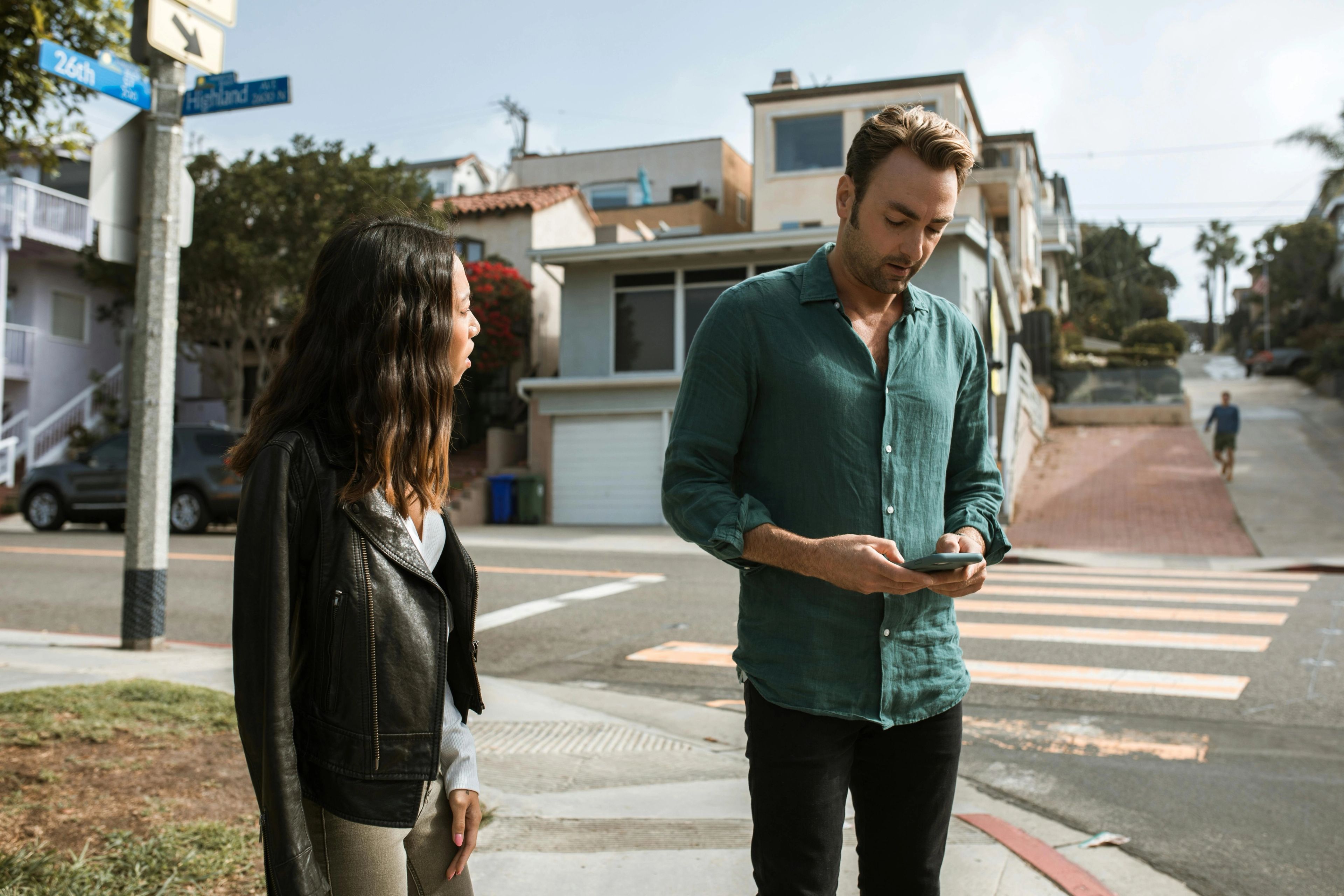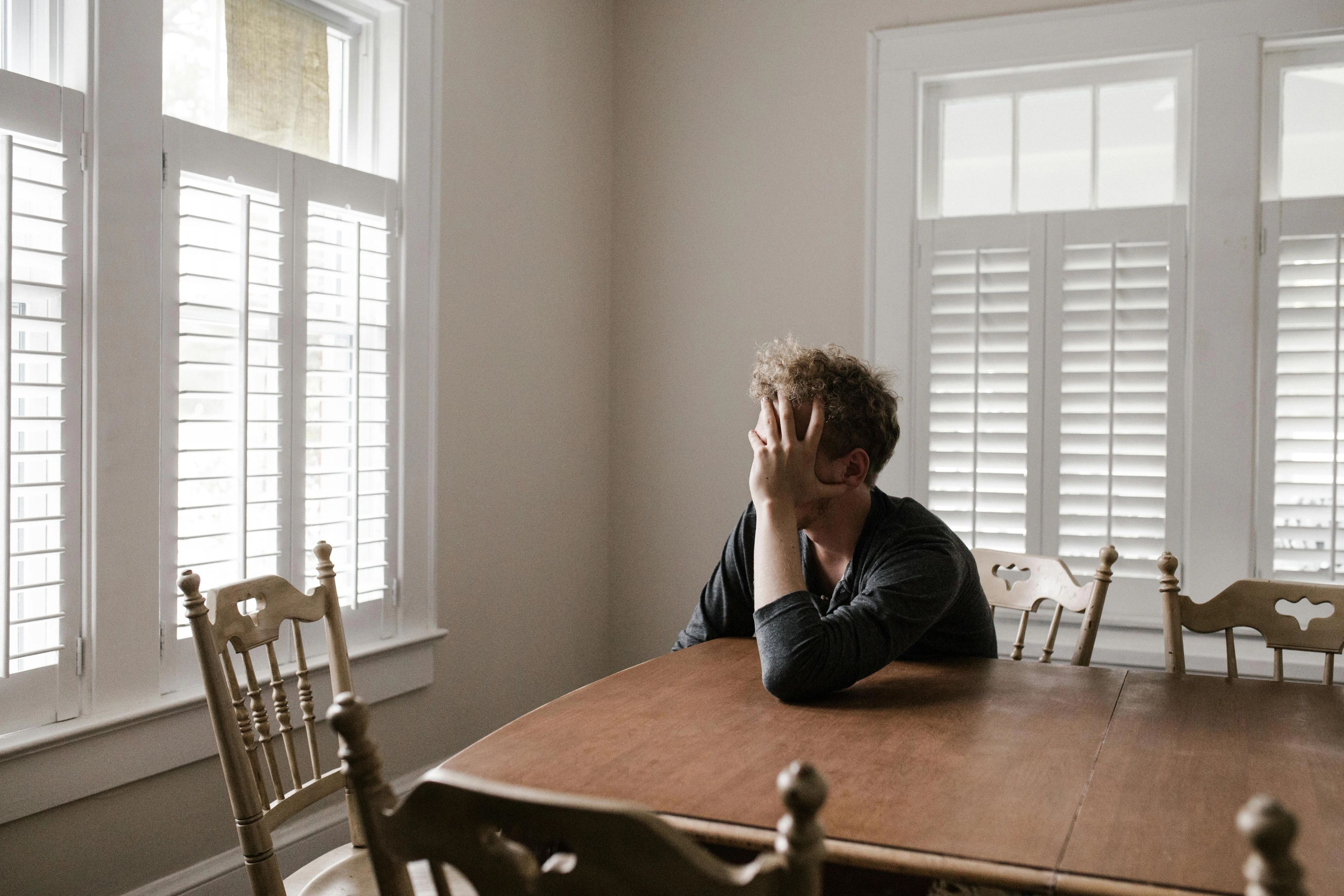The Betrayal Of An Enabling Parent in a Narcissistic Family
It is always a parent’s job to protect their child, even from the other parent.
Lucy’s mother was timid, kind, and physically attentive to her children when they were young. She always made sure that her four children had everything they needed. They never went without food, clothing, or shelter. She picked them up from school and ensured their homework was done. From the outside, she appeared to be a dedicated mother who genuinely cared about her children, with a normal, middle-class life.

Lucy’s dad was a hothead. His mood could shift in seconds, and no one ever knew what would set him off. A hard worker, dedicated to his career, he spent long hours at the office and saved the worst parts of himself for his family. The family organized their life around him. Lucy knew to be quiet when he got home from work and not to bother him when he was having his evening drink in the living room. She was accustomed to him losing his temper at the slightest provocation. Her mother and youngest sibling were often the victims of his violent, emotional outbursts. It wasn’t uncommon for chairs to go flying across the living room on a Tuesday. He never apologized, and despite brief periods of improvement, the behavior always returned.
Lucy’s mother and father had a tumultuous relationship. Her father would scream at her mother for hours, followed by long periods of silence. The threat of divorce was a constant in their home. So much so, no one even reacted to the threat anymore. It was common for her father to storm out of the house with a suitcase at 10 PM, insisting he was going to live with people who “actually loved him,” only to return two days later as if nothing had happened. Her mother would quickly fall in line and help maintain the facade of the normal, happy family.
Lucy saw her mother as a frail victim who needed protecting for much of her life. Her mother rarely screamed, she wasn’t the one bailing in the middle of the night, and she didn’t threaten divorce. She was there for her children, but the constant turmoil in her marriage left her emotionally stunted. Her children quickly adopted her denial of what was happening in their home. How would they bring it up to her if she didn’t see it herself?
Over time, things continued to intensify in Lucy’s home. Her father became increasingly belligerent and cruel, while her mom grew less engaged. She isolated herself from friends and family, losing interest in her children's lives. They were older now and more self-sufficient. She could get by with spending days in bed. She never challenged her husband’s behavior. She swallowed all his rage and internalized it until it nearly broke her. She silently asked her children to do the same.
The Enabler v. The Abusive Parent
The enabler always looks better in comparison to the active abuser in a narcissistic family system. They are often a victim themselves, struggling to survive under the conditions of the family dysfunction. And, with the utmost empathy and understanding of how challenging this is, I say this: It is always a parent’s job to protect their child, even from the other parent.
It can feel so utterly overwhelming to accept that you not only had an abusive, cruel parent, but also had a parent who was neglectful and unable to protect you. In an attempt to hold onto some semblance of a family or loving relationship with a parent, most people will put their “safer” parent on a pedestal. They will recognize the ways their parent was a victim, but stop when they start to realize that their parent did little to protect them.
In Lucy’s family, her father was obviously the abusive parent. He was loud, domineering, physically forceful, critical, and constantly upset. But her mother’s passive nature allowed this behavior to go unchecked and to remain normalized within the home. Lucy’s mother did not have the strength or understanding to realize that this wasn’t the way things should be. She did not see her power in ending this cycle. Her mother also didn’t earn her own income, had very little power outside of the home, and felt that she would lose everything if she left the father of her children and the person who provided her with resources. So, she stayed.
We can hypothesize and empathize with all the reasons why Lucy’s mother stayed in this relationship. And they are all legitimate and worthy of our empathy. And her children are the true powerless victims in this scenario. Her children had zero options. They had to learn how to endure what was happening in their home, and they had to find a way to attach to the parent who was emotionally neglectful and then physically absent, or they would have no one.
The Realization: My Safe Parent Hurt Me

If you’re not careful, the realization that your safe parent allowed abuse to continue in your home can break you. It can make you feel like you’re lost at sea without an anchor. It truly changes the way you see your entire childhood and current relationship with that parent.
You have to be cautious not to allow this realization to erase any experiences of love, warmth, or consistency you experienced with this parent. Those experiences, in some cases, can still be genuine. This requires holding space for two realities: Your parent was a victim, and they victimized you or facilitated conditions that allowed for your victimization. And in adulthood, this means keeping yourself safe and being honest about what your parent is doing now.
- Do they expect you to continue tolerating your abusive parent’s abuse?
- Do they understand why you struggle with their decision not to protect you?
- Are they open to feedback about your childhood?
- Are they able to listen to your experiences without defensiveness or minimization?
- Are they covering up or making excuses for the abusive parent?
- Are they capable of having an honest and loving relationship with you today?
- Can you forgive them for the lack of protection in childhood?
- What is their relationship like with your abusive parent today?
Rebuilding In Adulthood
Some of you may be able to have a relationship with the enabling parent who let you down. This is possible if they understand the impact of their behavior, why you’re upset, and no longer expect you to subject yourself to abusive behavior. When a parent is capable of doing this, they may be able to have a sturdy relationship with their adult children. But some of you may realize that this is not possible or accessible. Your parent is still enabling; they cannot step out of the narcissistic family system, and they resent your honesty. This is when the deep pain sets in that nothing has changed, and it likely will not. Sometimes people are unable to exit these systems out of fear, or they have been so heavily manipulated by their abusive partner, your other parent. They may not choose you over them, and this will trigger deep wounds from childhood. It’s okay to feel this and know that it's just the re-experiencing of a wound you have already experienced many times throughout your childhood. That is what makes it so painful.
And, this is data. This is the insight you need to move forward with your life and accept that you are the only one who can protect yourself. It doesn’t erase the wound or the pain, but it does give you the authority of an adult to stop future victimization. You no longer have to endure this, and that is your power.
You may feel deep sadness that your parent is continuing to engage in the self-harm of being in this type of relationship and narcissistic family system. You may wish that you could save them. This is all normal. You can grieve the realization that you wanted to save them then, and you still do now. You can model what it looks like to prioritize yourself.
You Can’t Fix Them. Free Yourself Instead.
Coming to terms with the fact that your “safer” parent didn’t protect you is one of the most brutal truths to face. It can shake the foundation of how you understood your childhood, and even how you understand yourself. But this truth doesn’t erase the love or care that may have existed. It adds complexity to your story.
What matters now is what you do with that truth. You’re no longer the powerless child waiting for someone to step in. You get to decide what kind of relationships you want to have, what kind of behavior you’re willing to accept, and how you choose to care for yourself moving forward. That may include setting boundaries, grieving what you didn’t get, or learning how to relate to your parents as they are, not as you wish they could be.
This isn’t about blame, it’s about clarity. And clarity gives you the strength to stop repeating cycles that harmed you. You can love someone and still name how they hurt you. You can understand their limitations and still hold them accountable. You can feel compassion without sacrificing your safety.
That is what breaking the cycle looks like. Not fixing your parents, but freeing yourself.